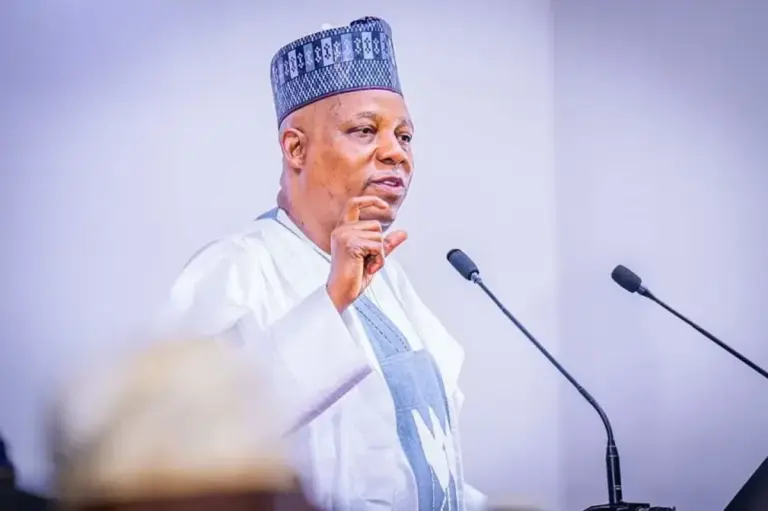Nigeria will take center stage in the global conversation on risk management when Vice President Kashim Shettima delivers the lead address at the 24th Annual International Conference of the Chartered Risk Management Institute of Nigeria (CRMI), scheduled for August 28–29, 2025, at the Eko Hotel and Suites, Lagos.
Framed around the theme “Global Risks, Local Solutions,” the two-day gathering is designed to confront some of today’s most urgent challenges — climate disruption, financial instability, technological upheavals, and public health vulnerabilities — while spotlighting strategies that can be adapted to African realities.
The conference also represents a defining moment for Kevin Ugwuoke, who will make his debut as CRMI’s President and Chairman of the Governing Council.
“This meeting is not business as usual; it is a roadmap for resilience,” Ugwuoke said. “From mapping domestic risks to confronting food insecurity, adapting to climate shocks, and managing AI-driven disruptions, Nigeria must be ready for the uncertainties ahead.”
Why the 2025 Summit Matters
CRMI stresses that the stakes are higher for Africa than ever before. With artificial intelligence transforming industries, climate volatility threatening food systems, and global markets remaining uncertain, countries across the continent also grapple with deep-rooted structural issues — youth unemployment, weak infrastructure, and fragile institutions. Adapting global risk frameworks to Africa’s conditions, the institute argues, is critical for survival and growth.
Highlights of the Event
-
Strategic Dialogues: Global thought leaders, regulators, and CEOs will exchange insights on enterprise risk, ESG, cybersecurity, and national security.
-
Immersive Masterclasses: Practical sessions designed for governments, SMEs, and large corporates.
-
New Research Launches: Tools and models tailored to blend international standards with Nigerian and African priorities.
By convening policymakers, regulators, business leaders, and experts under one roof, CRMI hopes to chart a forward-looking risk agenda that balances global knowledge with local realities.

